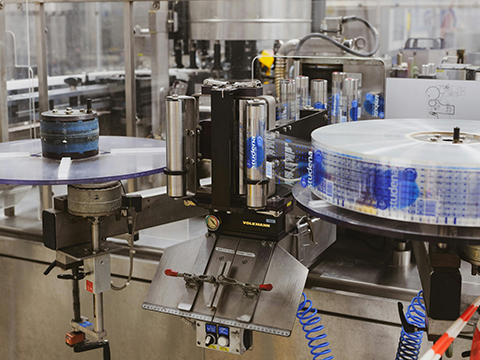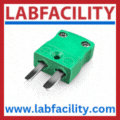
Posted to News on 26th Mar 2025, 13:00
Coping with complex packaging machine maintenance
Chris Knight, I/O product specialist at Beckhoff Automation UK, explains how maintenance can keep up with the evolving technological landscape in the packaging industry.

(See Beckhoff at Machine Building North, 10 April 2025, on stand 71)
The packaging process requires a wide range of technologies including motion, vision and real-time monitoring. Where previously multiple controls, systems and machines were required, the latest developments allow packaging systems to oversee the entire process from product feeding to distribution. Even then, there are further demands to improve the efficiency of machines and future-proof the supply chain to handle automation trends.
For example, with the use of plastic being phased out, the packaging industry is becoming increasingly reliant on paper and cardboard. Since companies are always looking to reduce material costs, there is a big emphasis on efficient usage of cardboard packaging materials, which according to Business Waste, makes up 90% of products shipped globally.
Packaging machines with integrated automation capabilities can optimise material usage with a flexible approach. By monitoring the size, weight and contents of each product, the appropriate amount of cardboard and supplementary packaging material can be selected. This will reduce waste, which is important as cardboard is not necessarily a cheaper alternative to plastic.
Big data, small footprint
With more advanced automation technology, it is possible to optimise equipment footprint. This means fewer, smaller components and reduced distances between stages of production. Smaller designs are one element, but modular components make it easier to integrate into existing production lines without a complete overhaul of the production area.
The demands of end-users are in line with this who are prioritising quality over quantity, relying on fewer, more complex machines to carry out multiple tasks. Machine builders must therefore make systems that are more compact and efficient, while paying increased attention to hidden operational costs.
For Industry 4.0 to be realised, a huge amount of data needs to be collected, analysed and processed from multiple sensors across the production line. Machine manufacturers need to ensure that their HMIs make diagnostic information readily available to maintenance technicians.
When companies invest in expensive technology for their modern operations, they expect longer run-time and reduced defects at a higher throughput. With fewer machines, anything that could risk downtime poses a serious threat to their ROIs. Identifying pain points from individual sensors in real-time allows for diagnostic testing and preventative maintenance. This is especially important in machines that are required to be continuously on, as detecting potential faults early, leads to quicker troubleshooting and less downtime.
New meaning to maintenance
More features and functions are becoming integrated into packaging machines, so a maintenance team in an automated industry needs to be the whole package. No longer are the faults only in hardware, but the team must also be IT-trained to work with high volumes of data and debug erroneous programming.
Advancements in hardware pushes software to become more sophisticated, which then requires more complex hardware to keep up. In this arms race to develop better technology, one aspect that must not be forgotten is accessibility. The barrier to entry on using and repairing these machines must remain the same and preferably get lower over time.
Customisable software packages like those developed by Beckhoff Automation keep training and familiarisation costs low. TwinCAT automation software is designed to handle complex tasks while simplifying the user interface as an open and highly scalable control system. From PLC programming to visualisation and data analysis, everything takes place in an integrated environment. This streamlines the training process and allows engineers to familiarise themselves with the program in a practical setting.
Learning resources for TwinCAT software are readily available in multiple mediums fit for different learning styles: the hands-on training centre at the newly opened Alderley Park, an online PLC training course and even community driven tutorials from YouTube stars like Jakob Sagatowski.
The packaging industry has undergone a revolution in the last decade, with breakthroughs in automation increasing throughput and reducing material waste. Although these developments are welcome, machine builders need to take into consideration the burden of increased complexity on maintenance teams, while end-users should look to stay abreast of the resources that are available to help them make the best use of new technologies.






